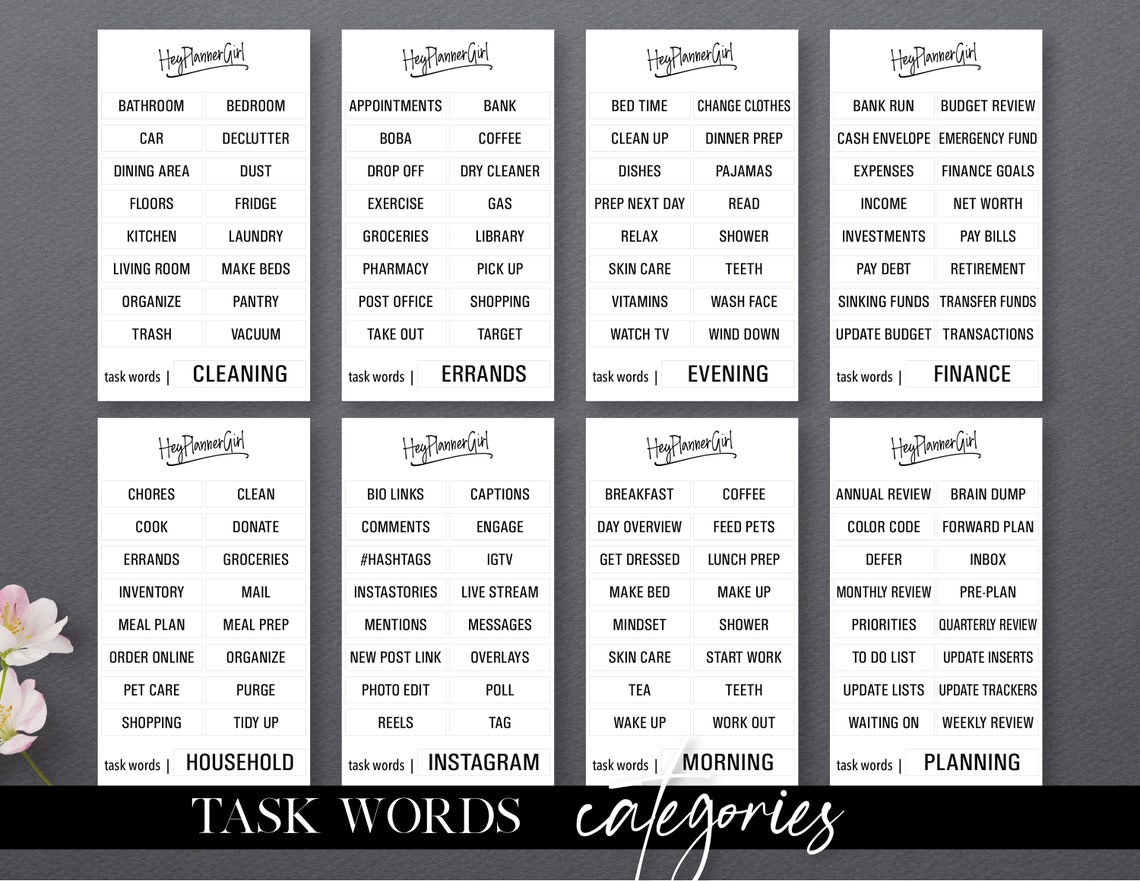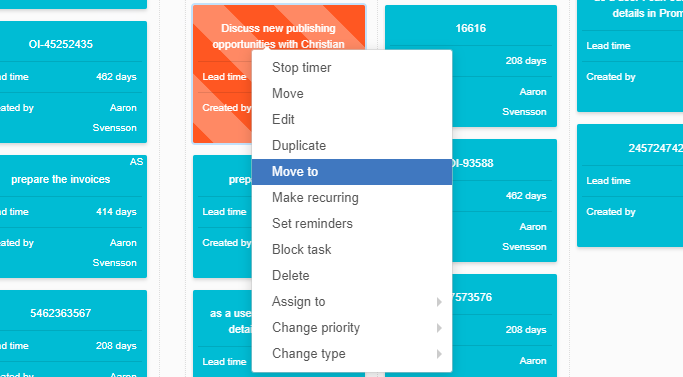


Firstly, they will provide a direction for your thoughts. The linkers for IELTS speaking section have two roles.

In the IELTS speaking section, you will be answering some questions about yourself and given a task card to speak on a topic. Using the right amount of linkers words in the IELTS speaking test can help you score 25% marks for cohesion and fluency. It will demonstrate your vocabulary range and buy you more time to think and continue speaking for 2 minutes. When you use linking words for IELTS speaking test, as well as making your shorter answers sound more polished, they can help you continue in the Speaking Cue Card Task until the examiner asks you to stop. Linking Words For the IELTS Speaking Task If you do not want to lose out on your score, try using linkers when you are stuck in the middle of your speech. Replace ‘ahhs’ and ‘umms’ with linkers – Using ‘Ummm or ‘aaa’ in your speaking test will signal that you are not fluent in English.The more you highlight practice and test, the better you will get at using connecting words. Therefore, get in the habit of using a variety of linkers for IELTS. Even if it fits perfectly in every context, it will not fetch you higher marks. Have variety – There may be a particular linker that you frequently use in your writing or speech.Therefore, you must connect your ideas using the right words or phrases. Use them accurately – As already mentioned, there are hundreds of options to choose from.Therefore, the first suggestion is to avoid using these words if you don’t need them. Though the grammar may be correct, using such words excessively will make you sound robotic. Avoid overuse – This is perhaps one of the most common mistakes students make, using linkers for IELTS in every sentence.Some of the key factors to remember while using the linking words for IELTS are: Remember that the linking words should come naturally to you while speaking and not give the examiner an impression that you have plugged them intentionally. In most cases, linking words are used as conjunctions followed by a comma. For e.g., you can use the linker ‘like’ in the speaking test, but words like therefore, hereby, and notwithstanding work better in writing. Also, the usage of linking words for IELTS speaking is quite different from IELTS writing linking words. It is essential to know that linking words, also known as connecting words, cannot be used everywhere.
ANOTHER WORD FOR TASKS HOW TO
How To Correctly Use Connecting Words For IELTS Therefore, in our next section, we will tell you how to use connecting words for IELTS. Though there is a wide range of linking words to choose from, you must not go overboard with these words and try to use them in moderation. You will be assessed on your range, accuracy, and flexibility of using linking words in various contexts throughout your report and essay. Similarly, in the Writing Task, 25% of marks are given for coherence and cohesion. The significant difference between linkers in the speaking and the writing task is that the writing linkers are more formal. Linking words are excellent grammatical and stylistic tools that make your writing or speech clear and keep it fluent and cohesive.They help in constructing a suitable conclusion.Help in illustrating how the parts or clauses of a text are connected.They provide cohesion to the written piece.We will also give you examples of linking words that you can use while speaking and specific linking words for IELTS Writing Task 1 and 2. We will focus here on the importance and correct use of linking words for IELTS. Linkers can also help candidates put forth their opinion comprehensively and display a greater knowledge and variety of vocabulary. You can use linking words for giving examples, adding information, summarising, giving a reason, and contrasting ideas. Linking words, also known as discourse markers, connecting words, or transition words, are particular words and phrases you can use to connect your ideas and sentences while writing or speaking. So how do we frame sentences to score Band 7 and above? In IELTS, there are lots of ways to go wrong! Using very short sentences in speaking or writing can fail to convey the meaning accurately, while long and complex sentences can leave your reader or listener confused, and you may end up with a poor band score. Why are connectors, or linking words Important?


 0 kommentar(er)
0 kommentar(er)
